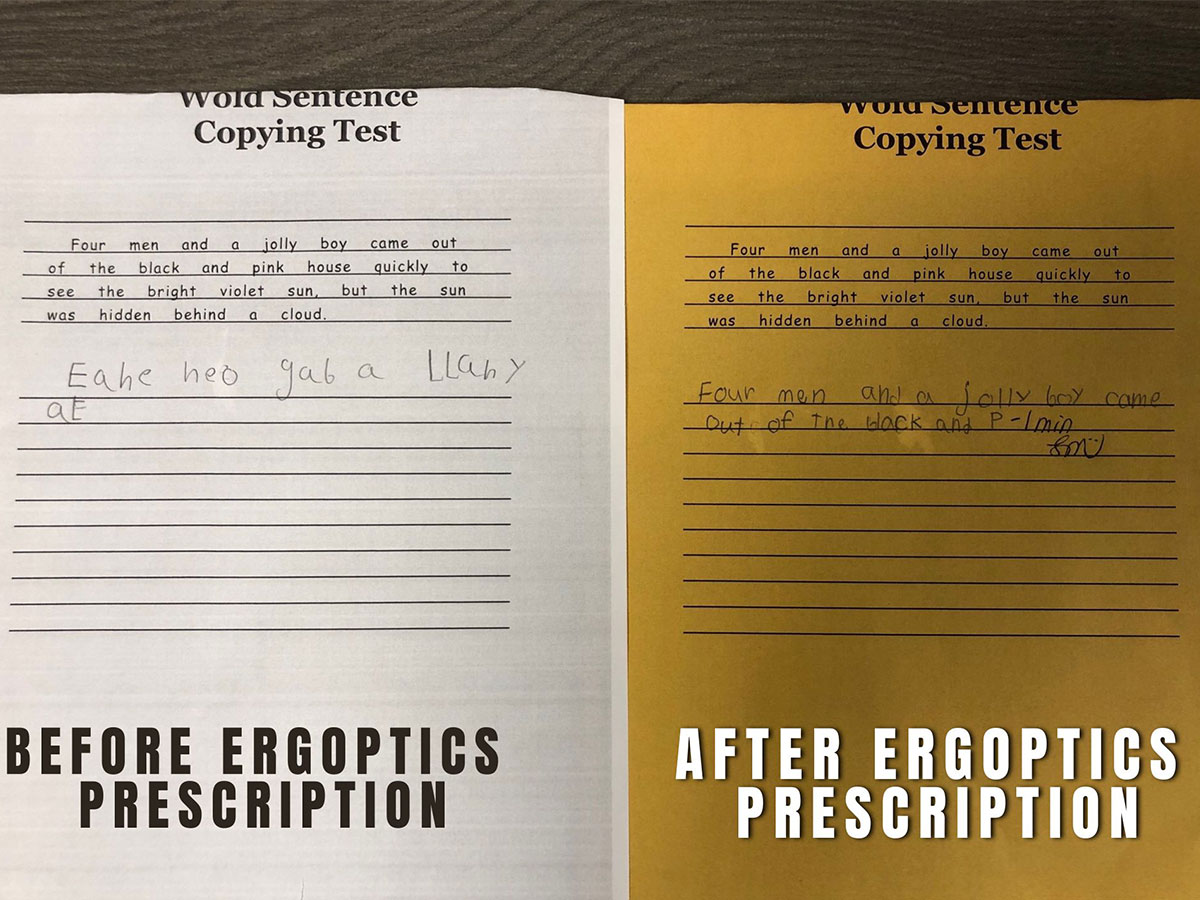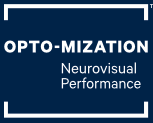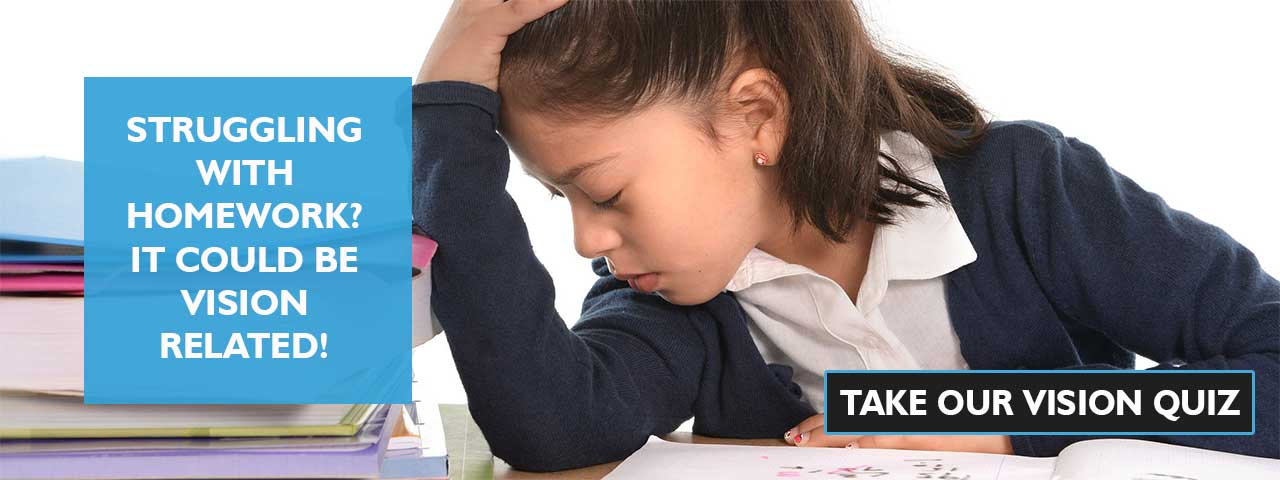Struggling in School?
Reading
80% of kids struggling with reading will have trouble with how their eyes track, move, or work together. If your child’s eyes cannot track properly, they will not be able to see the words the same way you do. Their eyes may jump to the last letter, then back to the first, or jump through the word in some other random order. If the eyes aren’t perfectly aligned, each eye may end up jumping to a different letter, further confusing your young reader.
This can lead to symptoms like:
- Skipping lines and losing their place
- Not recognizing a word they just learned
- Missing small words
- Guessing at words
- Poor fluency
Here is an example of two readers side by side. One with great eye tracking and the other one has very poor eye tracking.
Here is the same reader before and after her eye tracking was treated.
Can you tell which child struggles to read?
Even if your child has been diagnosed with a learning disability such as dyslexia, dysgraphia, attention deficit, non-specific learning disability or otherwise, they may still have a vision problem contributing to their struggles. You can read the stories of children this has happened to in our book www.opto-mization.com/ebook, or watch our client videos here:
Another great resource is Jillian’s story
Writing
Does your child have messy writing with uneven sizes and spacing? Or perhaps they can write neatly, but only with a lot of effort. Do they have trouble with copying things off the board? Writing it down wrong, or taking a long time?
Our visual system is responsible for the motor coordination part of writing. See this image for the before/after treatment for writing.


Spelling
Does your child spell words the way they sound (phonetic spelling), or even randomly? Did you know that spelling is a ‘Visual Memory’ Task? What did you say to yourself when you noticed the spelling mistake. ‘It looks wrong’.
If your child’s visual memory has not properly developed, spelling will continue to be a struggle. If they also struggle with tracking, then the word may look different each time they see it, making it more difficult for them to learn to use their visual memory for spelling. With the right approach, visual memory can be easily improved leading to surprisingly good spelling results!
Letter and Number Reversals
Flipping letters and numbers when writing is a common sign of problems with directionality. Directionality is a visual skill that involves being able to recognize when something is oriented in a different manner. It also involves spatial relationships between objects and is a foundation for understanding left and right.
If a child is showing letter reversals or struggles to remember left and right, it could be a sign of underdeveloped directionality. Thankfully this responds really well to treatment, and the letter/number reversals start to disappear!
Dyslexia
If the information does not make it accurately from the page to the brain, it will cause problems in learning the written language. Too often testing assumes that vision is working properly, and diagnoses a problem higher up the chain.
Attention Deficit Disorder
Children with ADHD who also had eye teaming problems were found to score lower on the ADHD testing once the eye teaming problems were treated. 7 of the 9 symptoms are the same,
Learning Disabilities
If the brain doesn’t take in or process vision accurately, it can cause difficulties in learning that range from mild to severe. In the process of diagnosing a learning disability, these visual functions are often overlooked.
Developmental Coordination Disorder
Developing accurate coordination requires accurate coordinates. If you didn’t know where to go on a map, it would be hard to get there.
What Needs To Be Tested If Your Child Is Struggling
Eye Tracking: If your child cannot accurately move their eyes through the text, they won’t get the right information from the page.
Eye Teaming: Your child’s eyes need to be able to work together. Problems with how the eyes work together (binocular dysfunction) can cause problems with reading and attention.
Eye Focusing: Your child’s eyes need to be able to focus and hold the focus on the page, as well as easily shift back and forth from the page to the board.
Visual Processing: Problems with visual processing can lead to letter reversals such as ‘b’ and ‘d’, as well as trouble with writing, spelling and more.

